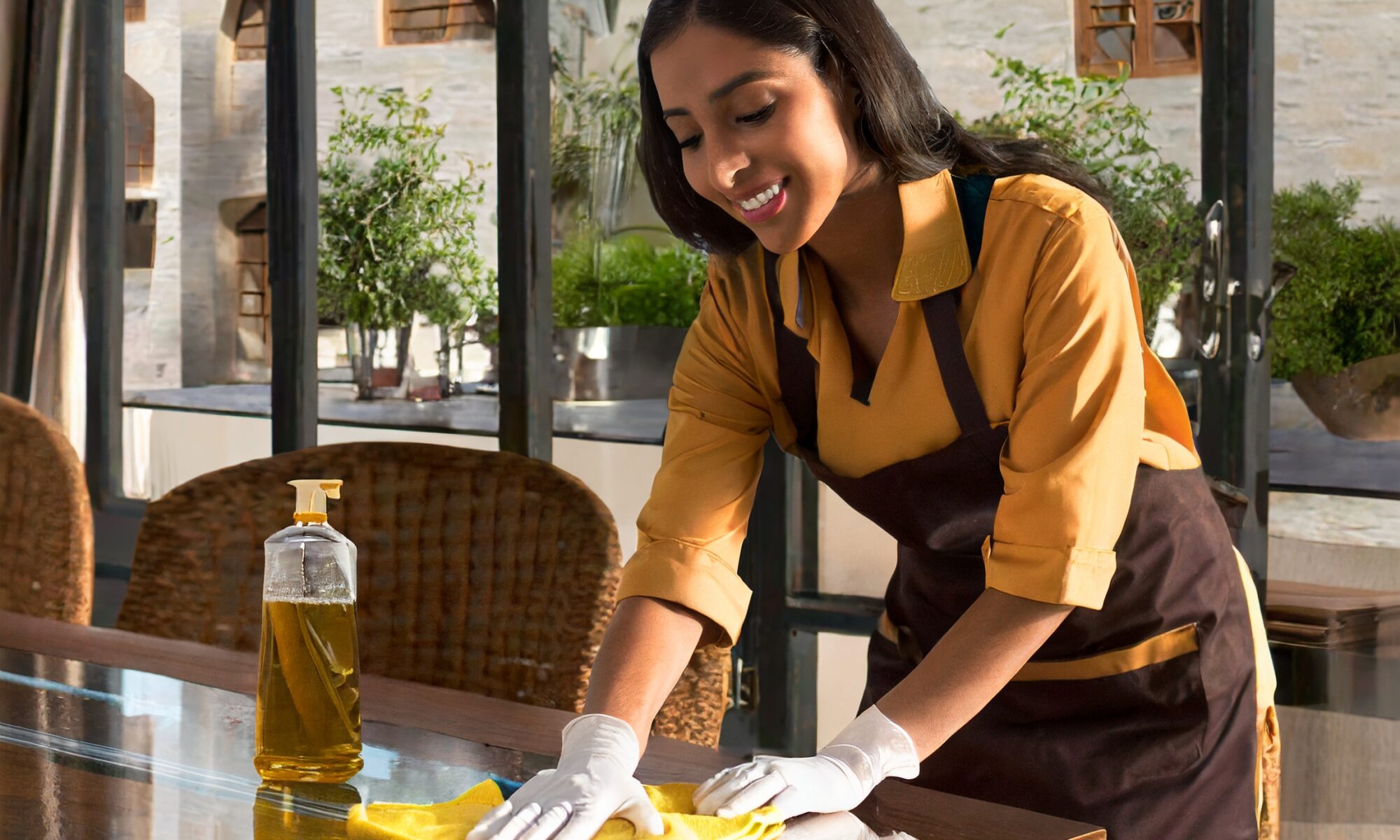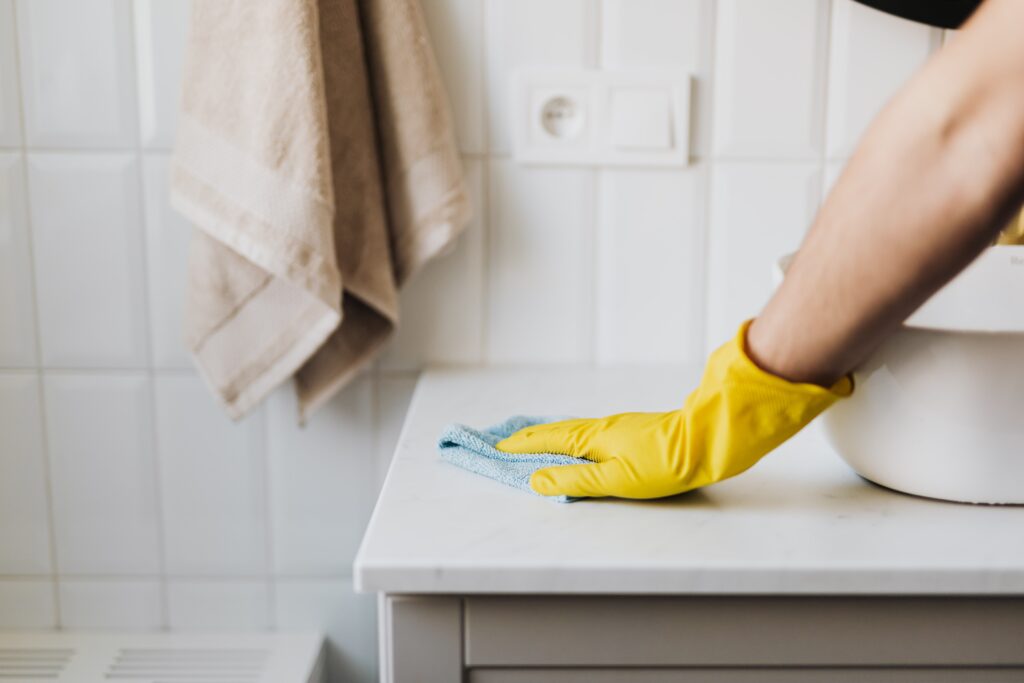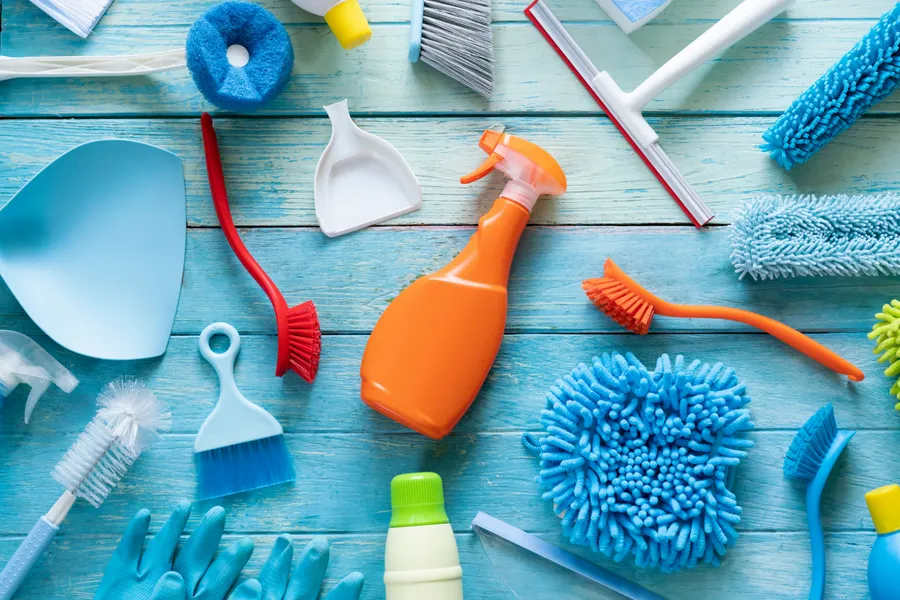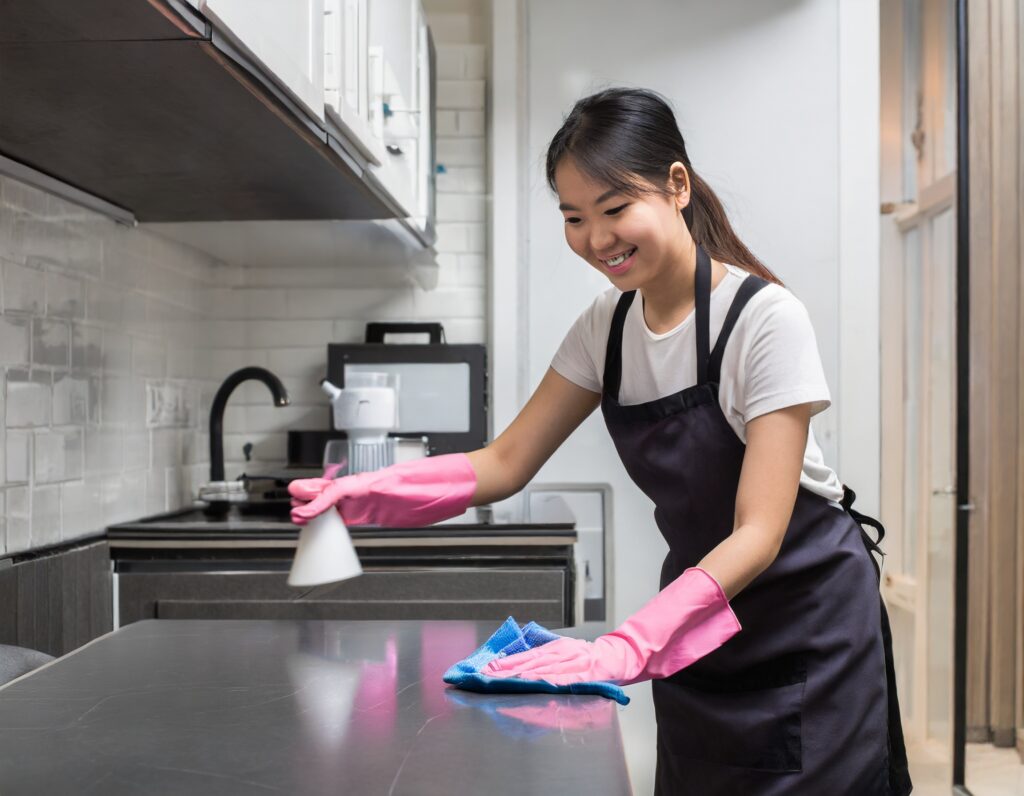Whether you’re managing a household, a commercial space, or a condominium, hiring cleaning services often comes with the question: Should you sign a cleaning contract?
In Singapore, where both residential and commercial cleaning demands are high, cleaning contracts are more than just paperwork; they are a vital part of the business. They are legal agreements that protect both clients and service providers, ensure quality, and define responsibilities. But not all contracts are created equal.
- Why Cleaning Contracts Are Common in Singapore
- What’s Typically Included in a Cleaning Contract?
- Residential vs. Commercial Cleaning Contracts
- Things to Look Out For Before Signing a Cleaning Contract
- Pros of Having a Cleaning Contract
- Cons of a Cleaning Contract
- Typical Prices of Cleaning Contracts in Singapore
- When to Consider Signing a Cleaning Contract
Why Cleaning Contracts Are Common in Singapore
Singapore’s high-density urban environment, combined with fast-paced lifestyles, means that many homeowners and businesses rely on external cleaning services.
Whether you live in an HDB flat, condo, or manage a retail unit or office space, cleaning contracts offer peace of mind. They also bring:
- Service consistency: Cleaning is performed regularly without the need to book an appointment each time.
- Cost efficiency: Bundle rates are often cheaper than one-off services.
- Legal clarity: You’ll know exactly what’s covered, and what isn’t.
What’s Typically Included in a Cleaning Contract?
Most contracts, whether for part-time maids, office cleaners, or condo maintenance, include:
1. Scope of Work
This clearly defines the tasks that the cleaning crew will perform. For example:
- Dusting, vacuuming, mopping
- Toilet disinfection
- Window cleaning
- Kitchen degreasing
- Trash removal
Check if deep cleaning, upholstery, or external window work is included, especially if you live in a high-floor HDB or condo unit.
2. Frequency of Service
Contracts typically specify the frequency of cleaning, which can be daily, weekly, bi-weekly, or monthly. In office settings, daily cleaning is the norm, while homes may prefer weekly sessions.
3. Duration and Renewal Terms
Most cleaning contracts in Singapore range from 3 months to 2 years. Some come with auto-renewal clauses. Always read the fine print to avoid unexpected commitments.
4. Rates and Payment Terms
Prices can vary depending on frequency, size of premises, and scope of work.
- A standard HDB weekly cleaning contract might cost between $250 and $400 per month.
- Office and condo cleaning rates differ based on square footage and staffing needs.
Be sure the contract outlines:
- Hourly or flat rates
- Overtime policies
- Payment due dates
- Late payment penalties
Residential vs. Commercial Cleaning Contracts
The key differences lie in scope, regulations, and workforce.
Residential Cleaning Contracts
These are often for homeowners who hire part-time maids or deep cleaning services for general upkeep. Most residential contracts include:
- Kitchen, toilet, and bedroom cleaning
- Ironing and laundry
- Fridge or oven cleaning (optional)
Look for licensed providers approved by the Ministry of Manpower (MOM) or the National Environment Agency (NEA).
Commercial Cleaning Contracts
These are designed for:
- Offices
- Malls
- Clinics and F&B outlets
- Industrial facilities
They often include:
- Floor polishing
- High-touch surface sanitation
- Waste disposal (including biohazard or grease traps in F&B settings)
Commercial contracts typically include provisions for replacement staff, liability insurance, and workplace safety protocols.

Things to Look Out For Before Signing a Cleaning Contract
Not all contracts are transparent. Some come with hidden costs or vague responsibilities. Before you sign, make sure to check:
1. Licensing and Insurance
Cleaning companies in Singapore are required to hold valid business licenses. Ask if they are NEA licensed and have public liability insurance.
For condo or office cleaning, this is crucial in the event of property damage or injury.
2. Trial Period or Flexibility
A good provider will offer a trial period (e.g., 1 month) before committing to a longer-term contract. Avoid providers that insist on long contracts without any exit clause.
3. Replacement Policy
What happens if the cleaner goes on leave or resigns? A solid contract should include provisions for replacement cleaners within a fixed time.
4. Supplies and Equipment
Does the service provider bring their cleaning solutions and tools? Or is the client expected to provide them?
In commercial contracts, providers usually bring industrial-grade equipment. However, for residential jobs, especially those involving part-time maids, some clients prefer to supply their products to maintain familiarity and hygiene.
Pros of Having a Cleaning Contract
- Predictable costs
- Time-saving: No need to keep booking or reminding
- Consistency in results
- Professional accountability
- Priority during peak demand seasons (e.g., before Chinese New Year)
Cons of a Cleaning Contract
- Less flexibility if you only need occasional help
- Cancellation penalties can apply
- You may not get the same cleaner every time (unless specified)
Typical Prices of Cleaning Contracts in Singapore
| Type of Cleaning Frequency | Price Range (SGD) |
| Part-time maid (HDB): Weekly (3 hrs) | $250–$400/month |
| Condo cleaning (common areas): Daily | $1,200–$3,500/month |
| Office (small-medium): Weekdays | $800–$2,500/month |
| Post-renovation cleanup: One-time | $200–$500 per session |
When to Consider Signing a Cleaning Contract
- If you run a business and need regular, professional-level cleaning.
- If your household has children, pets, or elderly, cleanliness is a top priority.
- If you’ve had inconsistent results with freelance or ad-hoc cleaners.
- If you want peace of mind and reduced mental load from managing cleaning.
Final Thoughts
Cleaning contracts in Singapore can simplify life for both homeowners and business operators. But not all contracts are created equal. Always read the terms carefully, clarify grey areas, and choose providers with a good reputation.
Whether you’re in an HDB flat in Punggol, a condo in Tampines, or managing a shop in Orchard Road, a reliable cleaning contract can ensure a hygienic, stress-free environment — without the hassle of constantly micro-managing.













You must be logged in to post a comment.